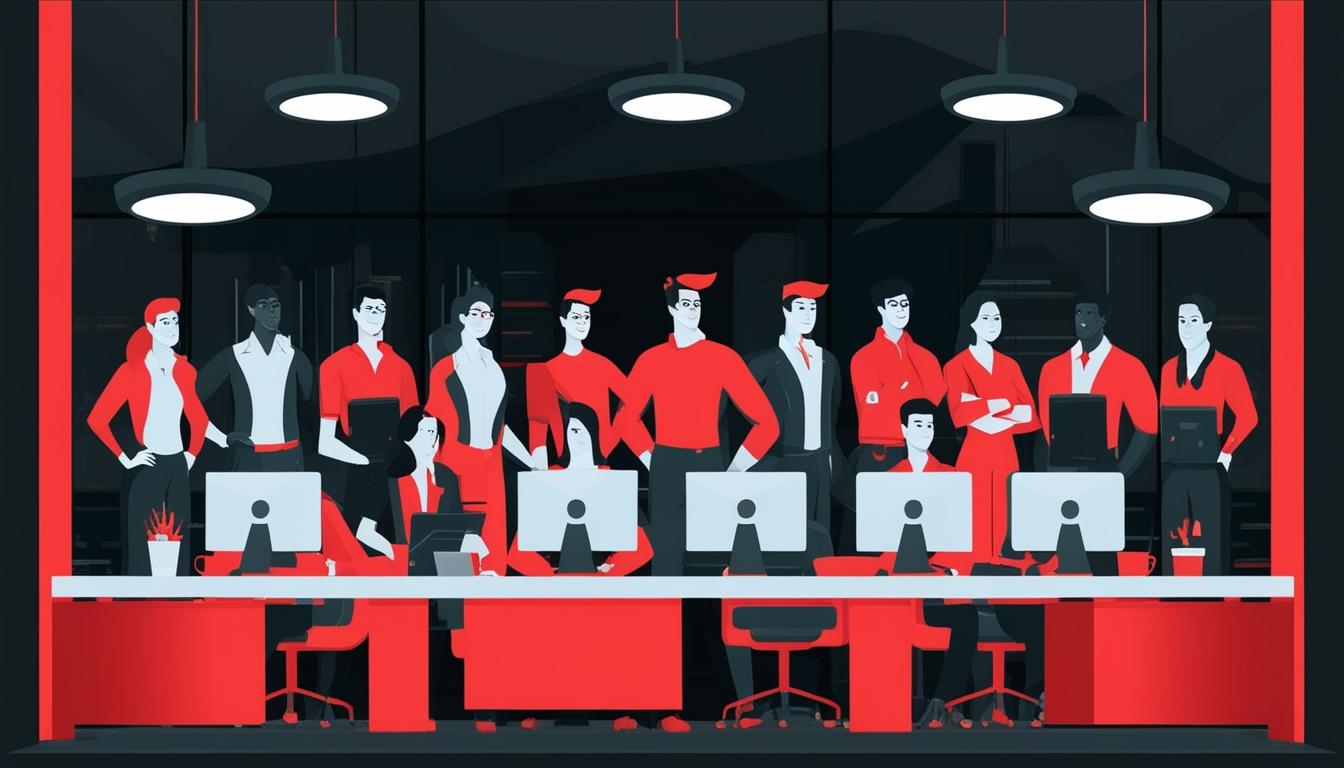In recent developments concerning the future of the U.S. workforce and its competitive edge in the global market, Elon Musk and Vivek Ramaswamy, who are appointed as coordinators of the incoming administration’s Department of Government Efficiency (DOGE), have urged the president-elect to consider a significant increase in the number of H-1B visas. These visas play a critical role in allowing thousands of foreign engineers and other skilled workers to enter the United States, which proponents argue can enhance the competitive nature of the American economy.
In a statement reflecting on these proposals, Donald Trump suggested an even broader initiative, advocating for an automatic green card for any foreign student who completes their college education in the United States. This stance diverges sharply from the policies observed during Trump’s earlier administration and is already generating controversy, particularly from the conservative segments of the Republican Party. The hard-right faction, including figures such as Steve Bannon, Matt Gaetz, and Marjorie Taylor Greene, have expressed opposition, arguing that increasing the number of green cards could detrimentally impact job-seeking American graduates. However, it is essential to note that regulations regarding H-1B visas require wages paid to visa holders to match or exceed those of similarly qualified U.S. workers or the prevailing wage for the role.
The current cap on H-1B visas is set at 65,000, with an additional 20,000 available for individuals possessing a master's or doctoral degree. Notably, India is the predominant source of H-1B visa recipients, responsible for 70% of issued visas, while China, Canada, South Korea, Mexico, the Philippines, and Taiwan account for most of the rest.
Critics question the rationale behind maintaining a cap on H-1B visas and even keeping the programme if the United States is producing sufficient STEM graduates. The U.S. generates over 4 million college graduates annually yet continues to face a shortage of qualified STEM professionals, which Musk highlighted through a post on X, stating, “There is a permanent shortage of excellent engineering talent. It is the fundamental limiting factor in Silicon Valley.” Ramaswamy echoed this sentiment, accentuating that American culture has “venerated mediocrity over excellence."
Reports from various educational assessments, such as the OECD’s PISA rankings and the IMD’s World Competitiveness Report, indicate that the U.S. is experiencing a decline in competitiveness, ranking 17th and 12th, respectively, with China leading in international patent rankings. The inconsistency stems from significant under-enrollment in STEM fields among American students, who often favour majors in psychology, education, government, law, and business. Furthermore, many American teenagers are reportedly underprepared in the foundational STEM subjects due to perceived declines in educational standards.
In terms of workforce needs, the U.S. is projected to encounter a deficit of about 3.5 million STEM jobs by 2025, with a concerning possibility that around 2 million of those positions may remain unfilled due to the existing skills gap. Foreign-born STEM graduates not only fill crucial roles but also contribute to job creation and innovation within the U.S. economy; as highlighted, 55% of America’s billion-dollar start-ups have immigrant founders or offspring.
Advocates for reform in U.S. immigration policy suggest that a merit-based system akin to those in Australia, Canada, and New Zealand could be beneficial. They propose immediate actions, such as significantly increasing the number of H-1B visas and enhancing funding for vocational and technical education initiatives. The Council on Competitiveness has emphasised in its report, "Competing in the Next Economy," the necessity to accelerate innovation in the U.S. and secure its competitive standing through enhanced human capital. Addressing the H-1B visa challenge is seen as a foundational step in this overarching strategy.
Jerry Haar, a professor of international business at Florida International University and a fellow at the Woodrow Wilson International Center for Scholars, articulates these perspectives, underscoring the urgency with which these issues should be addressed within the context of U.S. competitiveness on the global stage.
Source: Noah Wire Services
